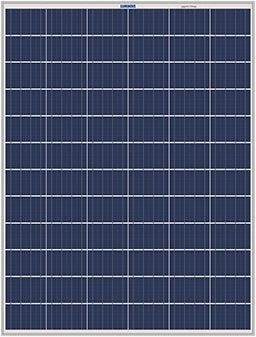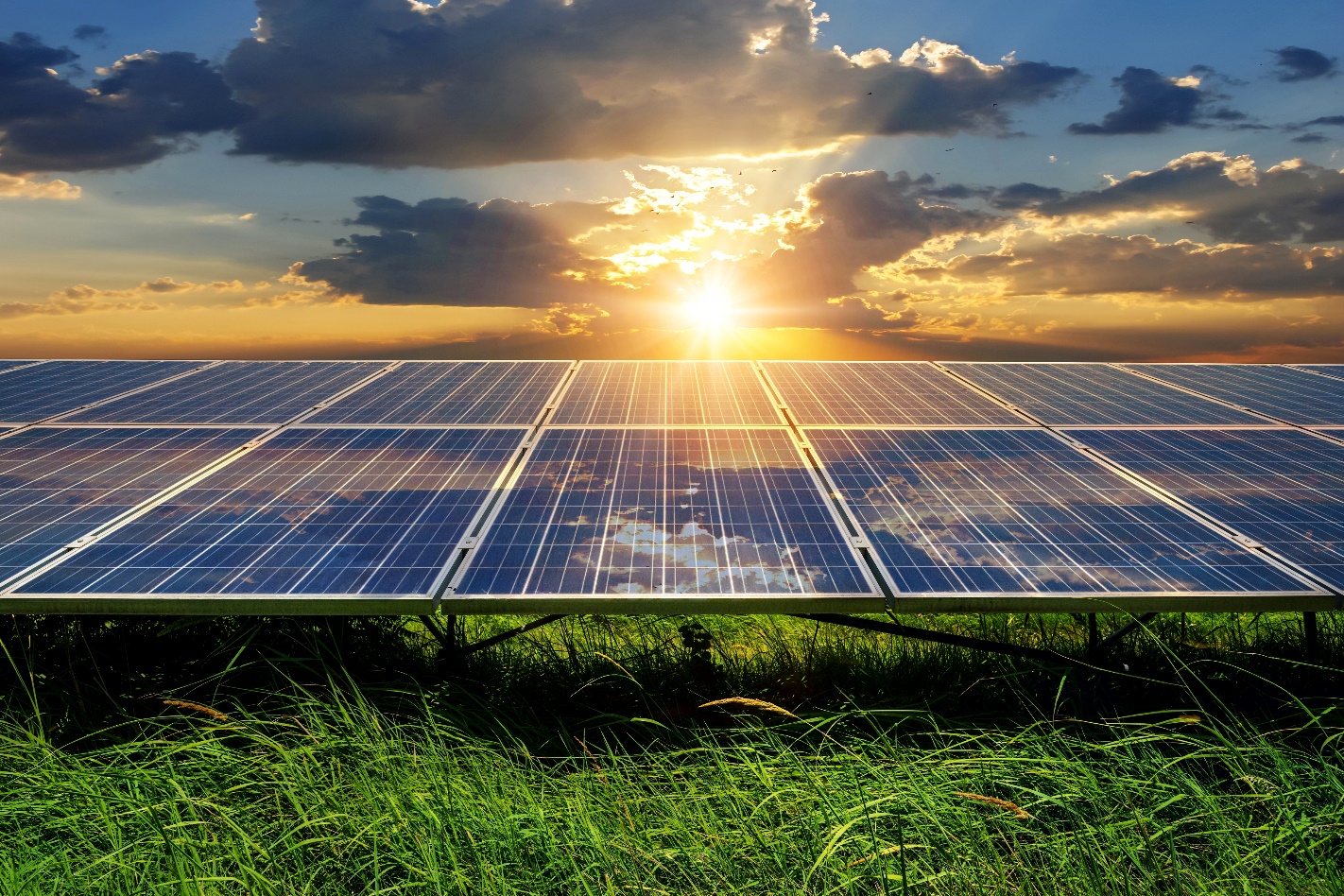Solar energy starts with the sun. The solar panels, also known as the PV panels, are used to convert light from the sun, composed of particles of energy known as photons. This light energy is converted to electricity for a wide variety of applications. This, of course, includes electricity production for commercial and residential purposes.

What is Solar Cell Panel and What are Solar Cells Made of? (H2)
But what is solar cell panel? A solar cell panel, also known as a PV module (photovoltaic) or a solar electricity panel, is an assembly of the PV cells that are mounted in a specific framework for installation. The solar panels use sunlight as an energy source and generate electricity in the form of Direct Current. The collection of these solar panels when connected in series is known as a string and when the strings are connected in parallel, it is referred to as an array. This array is responsible for supplying solar power to the solar inverter to run your electrical equipment’s.
Now that we have a fair understanding of what is solar cell panel let us understand what are solar cells made of and what is used in solar cells.
The Working of a Solar Panel
- When it comes to the working of solar panels, it is important to know that they operate using renewable energy. This clean, renewable energy is in the form of sunlight and converts light into electrical power, which can be used as power for the electrical load.
- A solar panel is composed of solar cells. So, what are solar cells made of? These cells are composed of silicon, and phosphorous layers, which provide the negative charge and boron provides the positive charge. This is what is used in solar cells.
- The solar panels absorb the photons and, while doing so, initiate an electric current. The resultant energy generated from the photons strikes the surface of the solar panel. It allows for the electrons to be knocked out of the atomic buds and released into the electric field generated by the cells in the solar panel.
- The electric field pulls the free electrons into a directional current. This complete process is called the ‘photovoltaic effect. An average-sized home has sufficient roof area for the required number of solar panels and can produce sufficient solar electricity to suffice the supply needs.
- The electricity generated in excess goes into the main power grid, paying off for electricity use during the nighttime. For off-grid solar applications, a solar panel along with solar inverter and solar battery are the necessary components.
The solar array sends the solar power generated which is in the form of Direct Current via the solar inverter to the battery bank. This power is then drawn from the battery bank by a solar inverter, and it converts the Direct Current into Alternating Current which is utilized to run your home appliances. Assisted by a solar inverter, the solar panels can be accordingly sized to meet the most demanding of the electricity load requirements.
Functions and Benefits of a Solar Panel
- After understanding what solar cell panel is and what is used in solar cells, let’s dive into understanding the functions and benefits of solar panels. Utilizing a solar panel is an extremely practical way for electricity production for many applications. The obvious would be off-grid living.
- Living off-grid means living in an area not serviced by the main utility grid.
- Homes in remote areas can, therefore, benefit immensely from solar power systems. It is no longer necessary to pay high fees for installing electrical utility poles and cabling.
- Apart from the fact that solar panels make off-grid living possible, perhaps the biggest benefit you can enjoy with solar electricity is that it is a clean and renewable energy source.
- With the advent of climate change on a global level, it has become even more important to take all the possible necessary steps to reduce the pressure on the environment due to greenhouse gas emissions.
- Solar panels operate without the use of any moving parts and require very little or no maintenance. These are ruggedly built and last for decades. The ultimate benefit of a solar panel system and solar electricity is that once a solar system has been paid for, i.e., the initial costs, the electricity produced for the rest of the lifespan of a solar panel system is completely free! You will notice a drop in the monthly electricity bills, and your property value will also witness an increment.
Luminous has been pioneering the field of solar power solutions in India for decades. We offer a top-rated range of solar panels. The types we offer include polycrystalline solar panels and Mono PERC half cut solar panels. You can choose the one that fits your requirements the best!
What are you waiting for? Shop solar panels and embrace innovation with us.

Leave a Reply